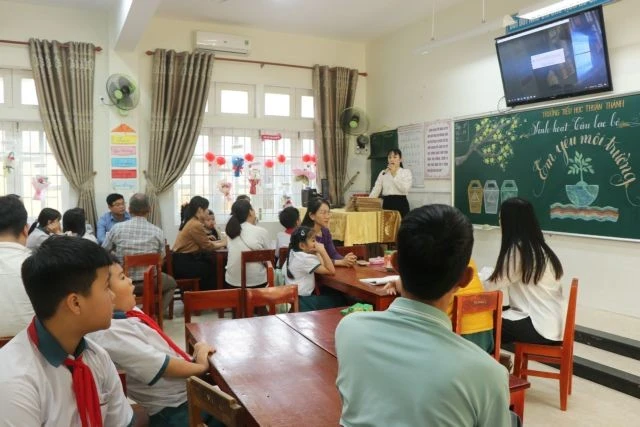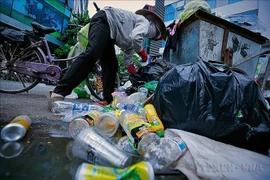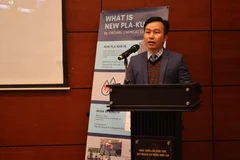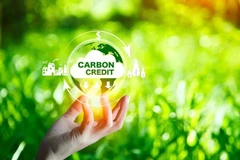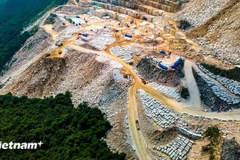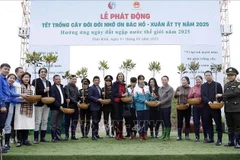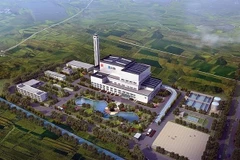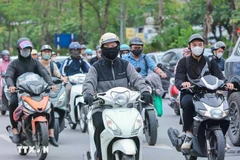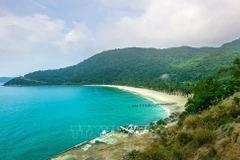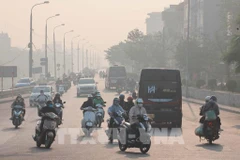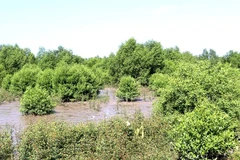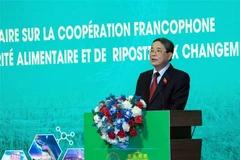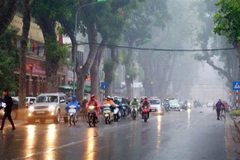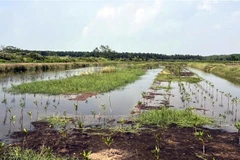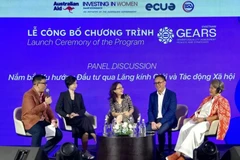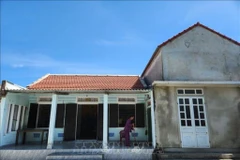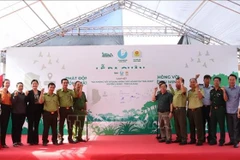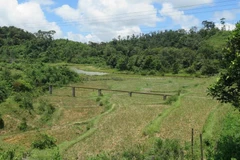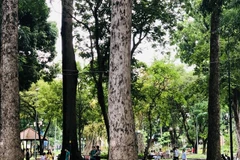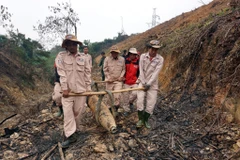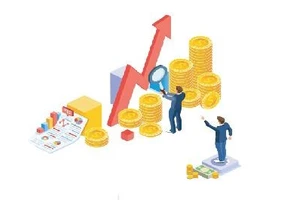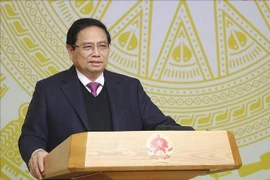Hanoi (VNS/VNA) - After nearly five years of evaluating urban plastic reduction pilot models across Vietnam, the World Wide Fund for Nature (WWF-Vietnam) has identified six highly effective initiatives and recommended scaling them up nationwide.
Since 2020, WWF-Vietnam has worked with departments and local authorities in 10 provinces and cities to reduce plastic waste, aiming to cut at least 30% of plastic pollution and eliminate plastic waste in nature by 2030. These efforts have involved implementing pilot models focused on reducing, reusing, and recycling plastic, raising public awareness, and strengthening waste management.
These initiatives have been introduced in Phu Quoc and Rach Gia in Kien Giang province, Thanh Khe district in Da Nang, Tuy Hoa city in Phu Yen province, Tan An city in Long An province, Hue and A Luoi district in Thaa Thien-Hue province (now Hue City), Ha Tinh city in Ha Tinh province, Con Dao district in Ba Ria-Vung Tau province, and Dong Hoi city in Quang Binh province. They have aimed to improve household waste management, particularly plastic waste, while enhancing collection and treatment systems, increasing the recovery of recyclable materials, eliminating plastic pollution hotspots, and encouraging behavioural changes in plastic consumption and disposal.
Following extensive assessment, WWF-Vietnam has recognised six particularly successful models that could be expanded.
Among them is the initiative “Mobilising fishermen to bring garbage ashore” in Dong Hoi city, which has significantly reduced the amount of plastic waste dumped into the sea.
The programme not only helps protect marine ecosystems and aquatic resources but also promotes sustainable tourism. Strongly supported by the local community, it has encouraged fishermen to participate by collecting waste for recycling, with proceeds contributing to a charity fund.
Another successful model is the “Market for sorting and composting organic waste,” which has been piloted in Tuy Hoa city and Ha Tinh province. This initiative has demonstrated an effective process for sorting, collecting, transporting, and treating organic waste on a larger scale.
By recovering waste resources to create useful products, it has reduced the amount of organic waste discharged into the environment and contributed to changing public attitudes and behaviours towards waste management.
In Rach Gia city, the “Waste classification and organic waste treatment” programme has been recognised as a model that aligns well with local solid waste management plans. By encouraging decentralised management and treatment of organic waste at the household level, it has facilitated the creation of useful products from waste while reducing chemical pollutants and enhancing environmental awareness among residents.
Another initiative in Rach Gia, the “Reusing old tarpaulins” model, has been particularly noted for its humanitarian and social value. It has gained significant attention and support from individuals and charitable organisations, as it repurposes old tarpaulins into marketable products without incurring raw material costs.
However, WWF-Vietnam noted that this model currently operates on a small scale and is only suited to certain types of items. To expand its impact, investment would be required in mechanisation to increase production capacity, alongside promotional activities and research to diversify designs and make the products more commercially appealing. Consideration would also need to be given to cost efficiency and public awareness.
In Da Nang’s Thanh Khe district, the “Greenhouse” programme has made notable progress in raising community awareness of the importance of sorting and recycling plastic waste. It has successfully engaged a wide range of stakeholders, including the local women’s association, to drive participation. The initiative has led to a reduction in plastic waste in the environment, particularly high-value plastics, increasing their recovery and recycling rate.
A final model, “Eliminating hotspots and intervening to prevent reinfection,” implemented in Vung Ro Bay in Phu Yen province, has focused on eliminating pollution hotspots and reducing plastic waste. By improving the marine environment for aquaculture, the programme has helped increase marine productivity and product quality while also enhancing community awareness and environmental management skills.
Products from cleaner farming areas can now meet higher standards, enabling better access to both domestic and international markets.
WWF-Vietnam’s findings suggest that these six models have demonstrated strong potential for broader application. However, experts emphasise that to achieve lasting success, the expansion of these initiatives will require coordinated efforts from local authorities, businesses, and communities, as well as investment in infrastructure and public awareness campaigns to ensure widespread participation and long-term sustainability./.
